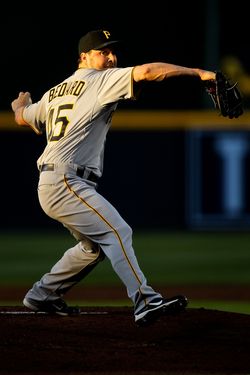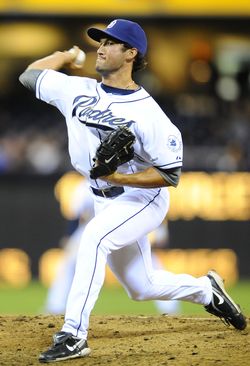Most of us are familiar with the story of Archibald Graham, the New York Giants outfielder who appeared in just one game in 1905 — without making a plate appearance — before moving on to other endeavors in life. For this distinction, "Moonlight," as he was nicknamed, was immortalized in W.P. Kinsella's Shoeless Joe and later its film adaptation, Field of Dreams.
Graham's story was exhumed and canonized by those stories, for sure, but it hasn't been entirely unique. Here's an even weirder one: former Athletic Herb Washington. Notice I didn't include a position to describe Washington — because he didn't have one. Despite playing in a whopping 105 Major League games with Oakland in 1974-75, Washington never made a plate appearance, played in the field or threw a pitch. He was a so-called "designated runner," used exclusively as a pinch-runner.
Washington was a decorated sprinter as a student-athlete at Michigan State University, and despite not having played baseball since he was a high schooler in Mississippi, his blazing speed apparently made him fit for the Major Leagues in the eyes of eccentric Oakland owner Charles O. Finley. Thus, Washington would parachute into games and, often times, attempt to steal bases.
The only problem was, Washington wasn't terribly good at it. Sure, he swiped 31 bags in his 105 games, but that was in 48 attempts — good for an underwhelming 65% success rate. Stolen-base profiency is still a topic of debate, but most research shows that a 65% success rate won't add much, if anything, to your team's chance of winning — not exactly what Finely had in mind when he signed the speedster. Most notably, Washington was picked off first base late in Game 2 of the 1974 World Series, the only game of that series that Oakland lost.
Finley and the A's had apparently seen enough of Washington on this day in 1975, because they released him from his contract. Perhaps they weren't over the pickoff, or maybe they just realized a precious roster spot wasn't best spent on a designated runner. Nevertheless, Washington didn't sign elsewhere and thus never appeared in the big leagues again, cementing his place among baseball history's many oddities.
Let us ease his pain.

